Hemp isn't a drug or recreational drug (like marijuana), and it's not related to the cannabis plant used for medical purposes. Hemp is one of the oldest crops—grown in India as far back as 10,000 years!
Hemp has been used for its many benefits: it can be woven into clothing, paper, and plastics; its seeds can be eaten like nuts or ground into flour, and recently scientists have found that hemp fibers are incredibly strong when woven together with other materials like cotton or nylon.
Hemp has a minimal carbon footprint. It's a sustainable plant and can be grown on any terrain with minimal water or fertilizer. By comparison, trees require vast amounts of land, water, and other resources that aren't environmentally friendly.
Hemp is an ideal crop for fighting climate change because it requires almost no fossil fuels during cultivation or processing.
Hemp Plants Are Naturally Designed to Absorb Carbon.
Hemp is a very efficient plant, meaning it produces very few greenhouse gases and consumes few fossil fuels, leaving a very small carbon footprint.
Hemp plants are designed to absorb carbon dioxide from the air. This is because they have a wide variety of genetic material—the genes that determine their growth and development. These genes encode proteins that bind with carbon molecules, which is ideal for absorbing CO2 from the air and other sources (like soil).
They're incredibly effective at absorbing this greenhouse gas, and up to 10 tonnes of carbon emissions in the atmosphere can be absorbed by one hectare of hemp plants in just one growing season. This means hemp can help reduce global warming.
Hemp Plants Are Environmentally Friendly
Hemp plants can be grown in a variety of climates and soil types. The hemp plant grows rapidly, and its deep roots allow it to thrive in poor soils.
In addition to reducing carbon emissions, hemp production fights water pollution and soil damage caused by traditional agriculture.
Hemp is a sustainable crop that produces food, paper, and building materials. Many farmers see hemp as a way to help their soil regenerate and become more fertile.
Hemp is part of the solution, not part of the problem. Hemp production has a very small carbon footprint and produces very few greenhouse gases. Hemp plants are naturally designed to absorb carbon dioxide from the atmosphere.
We can naturally remove carbon from the atmosphere by growing large-scale hemp for CBD and other industrial uses. In addition to reducing carbon emissions, hemp production fights water pollution and soil damage caused by traditional agriculture.
Could The Hemp Plant Be The Next Big Thing In Sustainable Cotton, Fuel, Wood, And Plastic
Yes, hemp could be the next big thing. Hemp is a plant that's been around for thousands of years and is used in many industries. The crop can be used to make paper, textiles, building materials, and more.
Hemp is also a sustainable resource because it grows faster while requiring little water or fertilizer. This means hemp can be produced with minimal environmental impact, and its farmers can also earn decent wages from their crops.

Hemp is environmentally friendly
Hemp is used in various products — clothing, food, paper, plastics — and fuel. It can also be used to produce construction materials like bricks or mortar. Hemp has many environmental benefits:
- It requires no pesticides because it's grown without herbicides or fungicides.
- Because it grows naturally without spraying chemicals on fields (or using fossil fuels), hemp is an excellent alternative to cotton for creating sustainable fabrics that don't require harmful pesticides or fertilizers during production.
- Unlike cotton, which takes about 70 days from seed planting until harvest when the crop reaches maturity at around four feet tall (1m), hemp takes only six weeks from planting until harvest when it reaches maturity at about 20 feet tall (6m).
Hemp is a Healthy Fiber
Hemp is a renewable resource; cotton has been depleted by more than 50% in 50 years. Hemp is a healthy fiber used to make clothing and other products such as paper, textiles, and building materials.
Cotton fabric may be more durable than hemp, but it loses its shape with wear and tears over time. Read More
Hemp is more robust than wood
Hemp is stronger than wood, more durable and flexible, resistant to pests, and can be recycled again and again.
Hemp has been used as a material for thousands of years due to its strength, durability, and absorbency. Hemp fiber is about 25% of the world's total fiber production. Compared with cotton, which only accounts for about 2%, hemp fiber is an economically viable alternative due to its high lignin content, which helps stabilize cellulose fibers during processing.
Read More
Hemp is biodegradable
Hemp plastic is biodegradable, unlike conventional plastic. It is stronger than traditional plastic. Synthetic or fossil-fuel plastics cannot discompose; this means they accumulate in the environment. Furthermore, the plastics disintegrate into microplastics that can harm marine life.
Hemp plastic decomposes and gets reabsorbed into the soil, which reduces pollution.
Hemp helps reduce carbon dioxide emissions and promote soil health.
The hemp plant is a carbon-negative crop, meaning that it absorbs more carbon than it releases into the atmosphere. One acre of hemp produces more annual biomass than two acres of corn in its lifetime—this biomass can be used to make fuel or food products!
Hemp seeds have healthy fats
Hemp seeds are also naturally high in Omega 3s (healthy fats) which help improve brain function by reducing inflammation and boosting moods. They're also high in vitamin E, which helps protect against heart disease and cancer, as well as many other benefits such as lowering cholesterol levels, so you may have better overall health if you consume them regularly!
Facts About Hemp to Note
Industrial hemp and marijuana are different
Industrial hemp and marijuana are both obtained from Cannabis Sativa but have different properties. Industrial hemp is grown for its fiber and seed, while marijuana is grown for its psychoactive properties. This means that industrial hemp contains minimal THC, the primary psychoactive compound in marijuana. As a result, industrial hemp is not psychoactive and will not get you high.
Hemp farming is a lucrative business.
There are numerous reasons to start a hemp farm. Hemp is a rapidly growing crop with a market projected to reach $26.6 billion by 2025. Furthermore, hemp acreage is rising at unprecedented rates. Globally, hemp acreage topped 650,000 acres. This means this industry has significant revenue potential, but starting a farm is not for beginners. Hemp is a highly profitable crop, and you will need the help of an experienced business plan writer to get started.
It is a sustainable crop.
The hemp plant is a sustainable crop because it requires little water and can be grown without pesticides. The hemp plant also matures faster to be harvested multiple times yearly. In addition, hemp can be used to make various products, including paper, clothing, and biofuel. Hemp is an environmentally friendly crop with multiple uses, making it a sustainable choice for farmers and consumers.
It is an anti-inflammatory.
Hemp has numerous benefits, including being a natural anti-inflammatory. Hemp has been used as a food ingredient for thousands of years, and the seeds of hemp plants are currently being processed into functional food ingredients. The seeds also have medicinal uses. Many people believe that hemp juice has beneficial effects on the digestive system. It is also an anti-inflammatory, making it attractive for people with chronic illnesses.
It is a commodity
It's not surprising that hemp is a fast-growing, growing industry, as many other countries are turning to hemp as a source of income. Its vast potential for use in manufacturing and retail has led to the production of everything from car doors to bioplastic. Hemp varieties grown for grain, for example, are also used to make protein powders, granola bars, and milk substitutes. While growing hemp for its CBD content initially generated a "get rich quick" rush, prices have leveled out statewide and nationally.
It is a risky business.
Despite its many benefits, hemp farming is a business with a high level of risk. Several factors can lead to the failure of an operation, including weather conditions, insect infestations, and machinery problems. Among these risks, weather risks are the most prevalent. Other risks are marketing and finance, mainly when a product is new to the marketplace. Marketing chains are well-established for more popular products, but regional challenges can arise for a product like a hemp.
It requires good quality seeds.
Hemp can be used to produce paper, fiber, and even food. Its production is booming, as the market for hemp products is growing rapidly. If you are interested in growing hemp to make money, learning some important facts about the crop is vital. Here are some of them. The right seeds will determine the success of your hemp farming venture.
With the increasing popularity of sustainable and eco-friendly products, it's no surprise that hemp is considered a viable option for various industries. Hemp is a versatile plant that can create several products, including cotton, fuel, wood, and plastic. Although there are a few cultivation and processing challenges to overcome, hemp could be a big player in the sustainable marketplace in the years to come.


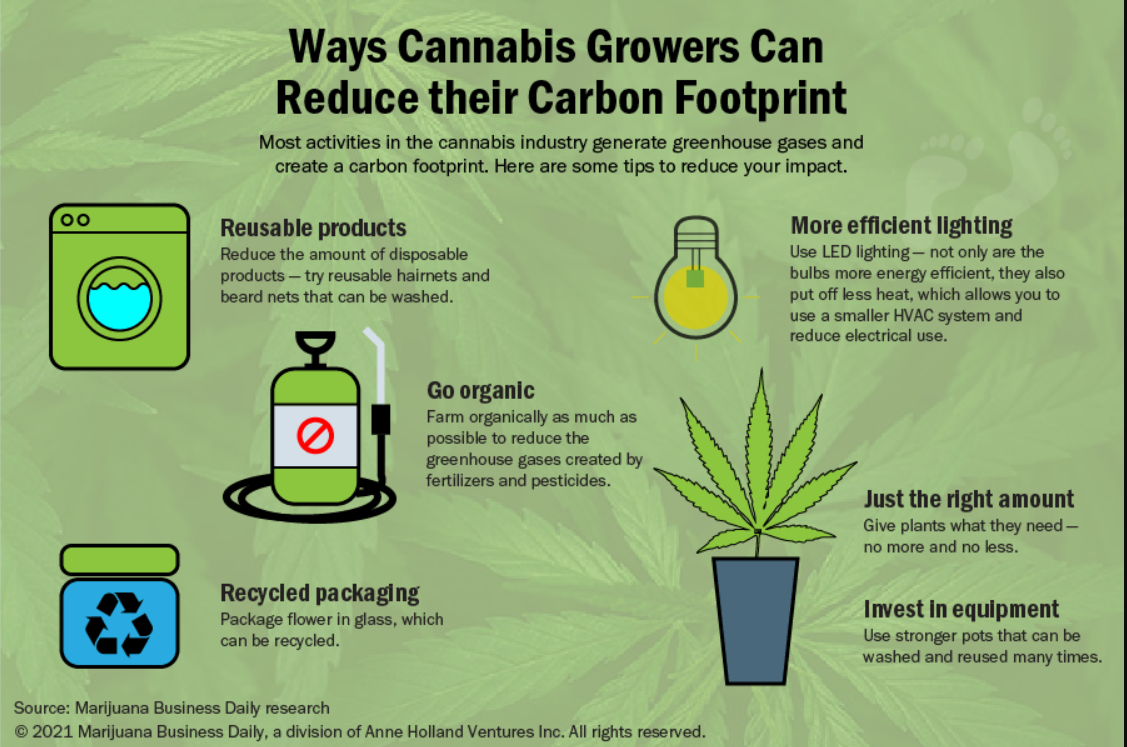

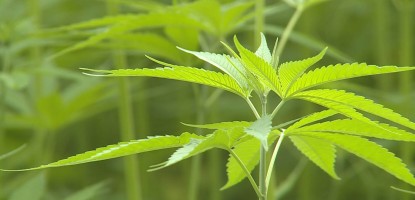
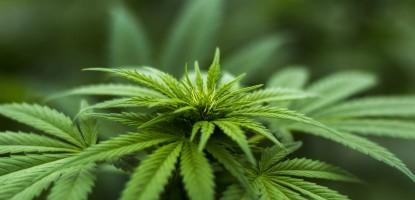

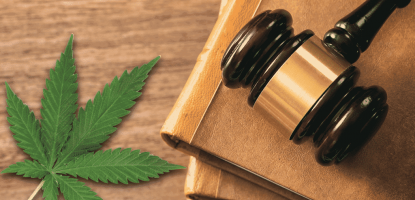
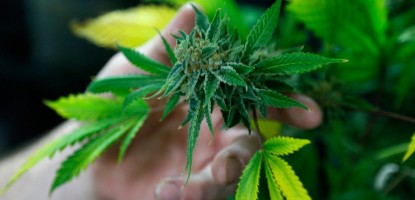
Leave a Comment